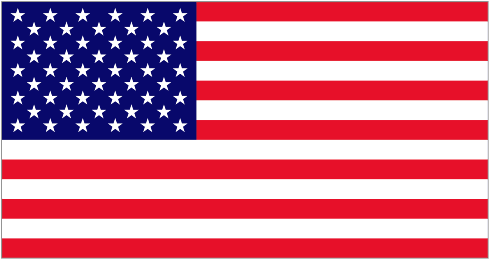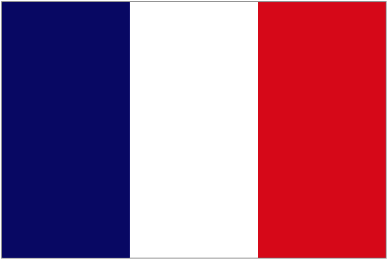When playing music, we do need to keep in mind certain fundamentals. At TuCuatro, we will touch upon this briefly so that you can have a working knowledge of what some of these theoretical concepts are and how they apply to the Venezuelan Cuatro. If you do find certain aspects of musical theory interesting, then we recommend researching this further, but for now, we will focus on what musical theory means for the Cuatro, specifically with scales, in this lesson.
Major Scales
What is a scale? A scale can be considered any notes ordered based on frequency or pitch. To follow the scale of a specific note, we often need to follow a pattern particular to the scale type. Before we do this, we must first understand that notes are separated by Tones and Half-Tones. This refers to the distance between one note and another, which can be reviewed in our lesson on natural notes. To give you an idea, the distance between C and D is 1 Tone, and the distance between E and F is a Half Tone. Here is a brief graphical representation of this using the keys of a piano:
Note Distances: Piano Illustration
As you can see, there are only two notes where there is a halftone in between them: E and F as well as B u0026amp; C. The other notes are separated by Tones. In this case, we will be reviewing the pattern corresponding to a Major Scale. Major scales follow this pattern (T representing tones and sT representing halftones):
T – T – sT – T – T – T – sT
If we were to translate this scale to a specific note, say D, then this would be the following notes which would need to be played for the C Major Scale. Take a closer look at how this is played on the Cuatro:
C Major Scale Example
C – D – E – F – G – A – B
If we use the same scale but apply it to another note, you will begin to see how this differs from note to note. Have a look at the E Major scale below and check out the video relating to it:
E Major Scale Example
E – F# – G# – A – B – C# – D#
What is the importance of the scale? Well, with scales, we can play melodies corresponding to songs. If you know the key to the song and the scale, you can play this. With the Cuatro, this becomes increasingly important as we move into the world of more complex pieces as the Cuatro is able to harmonize songs using the chords and scales. Here is an example:
Apure En Un Viaje Solista Adrián Toro
Essentially, what the soloist is doing is playing the song using chords in different positions, and making slight modifications to the chords based on the corresponding Venezuelan Cuatro scales. This gives the song a unique and beautiful sound, as if it’s being sung with the Cuatro. While this technique may seem complicated at first, with practice and a solid understanding of Venezuelan Cuatro scales, you too can master the art of harmonizing songs on your Cuatro.



